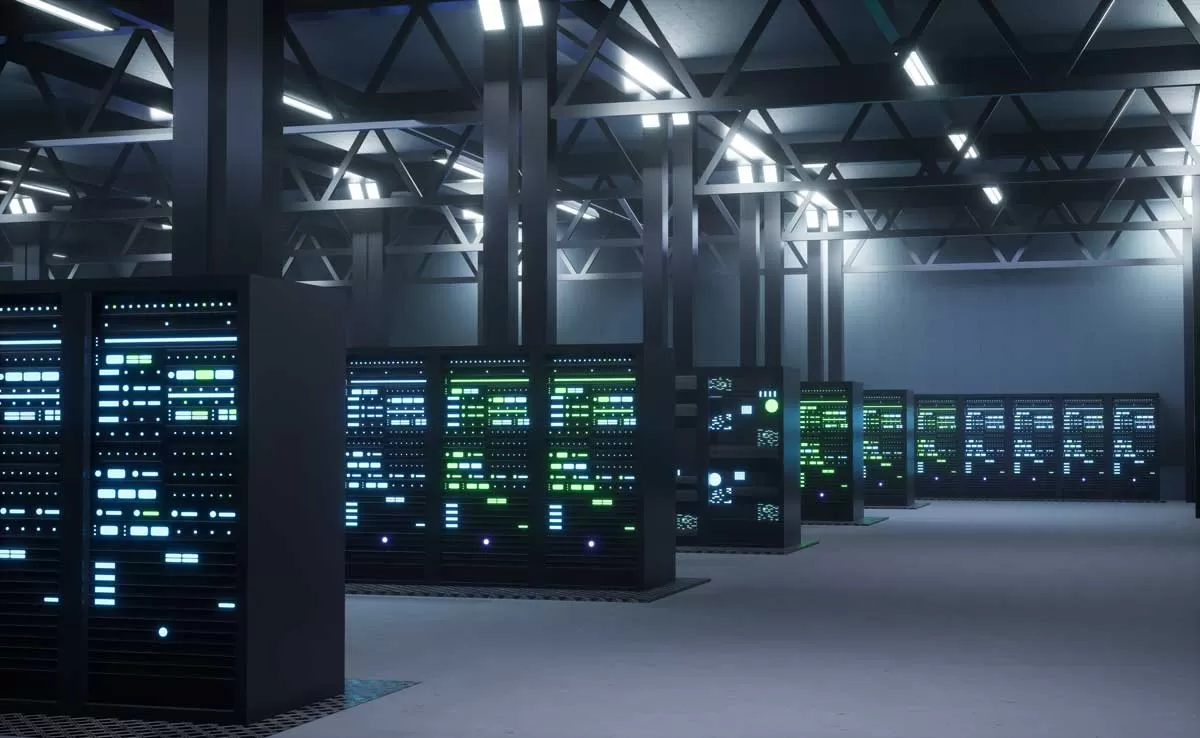
Indian Railways spearheads sustainable freight for greener practices

Johnson Controls Tops Data Centre Thermal Management Rankings
Johnson Controls, the global leader for smart, healthy and sustainable buildings, has been named a top thermal management provider for data centres by ABI Research. The recognition highlights Johnson Controls’ excellence in innovation and implementation, driven by its comprehensive product portfolio, global presence, and customer-centric approach to the data centre thermal management industry.“Johnson Controls has consistently exceeded market expectations for thermal management across all industries and is a leading player in mission-critical infrastructure, like data centres, where reliab..

Kerala Budget Focuses on Infrastructure with Key Projects
Despite financial constraints, the final budget of the second Pinarayi Vijayan government prioritises infrastructure development with key initiatives such as the Vizhinjam-Kollam-Punalur Growth Triangle (VKP-GT), expansion along the West Coast Canal and Coastal Highway, the Wayanad tunnel project, and the transformation of Vizhinjam into a major Export-Import hub. The Vizhinjam-Kollam-Punalur Growth Triangle will receive Rs 10 billion from the Kerala Infrastructure Investment Fund Board (KIIFB) to enhance transport corridors and establish multi-modal hubs, manufacturing parks, logistics c..

Odisha Approves 225,000 Houses Under Antyodaya Gruha Yojana
The Odisha Cabinet, chaired by Chief Minister Mohan Charan Majhi, has approved the allocation of 225,000 pucca houses for weaker sections under the Antyodaya Gruha Yojana over the next three years, with a budget outlay of Rs 75.5 billion. Under the scheme, eligible families who have not benefited from existing housing programs will receive Rs 120,000 million in financial assistance to construct a 25-square-meter pucca house. The government has clarified that asbestos, tin, and tile-roofed structures will not be considered pucca houses, while cement-roofed homes with concrete walls will qu..














